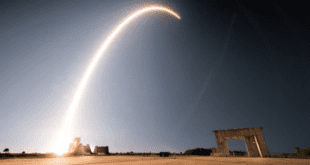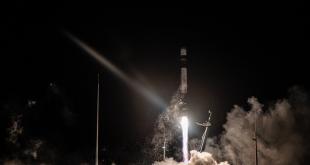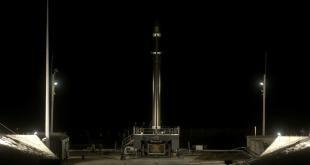
Ibadan, 1 March 2023. – Rocket Lab has announced that it has doubled its order backlog from about $241 million in contracts at the end of 2021 to $503.6 million at the end of 2022 and made progress on the Neutron rocket that it’s developing, according to CNBC.
According to CNBC, the space company also reported a fourth-quarter revenue of $51.8 million, rising by 88% from the previous year, with an adjusted EBITDA loss of $14.5 million, 75% wider than the fourth quarter a year ago. The Company also had $484.3 million in cash at the quarter’s end.
Rocket Lab also successfully launched its Electron vehicle during the quarter, generating $12 million in revenue, while its broader Space Systems division continues to generate the bulk of its revenue, at $38.8 million. In addition to this, the Company also disclosed completing the first production building for its Neutron rocket. Rocket Lab also started developing the first Neutron tank structures, as well as constructing the launch pad for the rocket.
Regarding the Company’s next significant milestone, The CEO, Peter Beck, told CNBC that it would be when there are “complete tanks rolling out” of its factory. Beck added, “with a composite launch vehicle, when the actual parts are coming off the molds, then that’s a far stronger indicator of progress than anything else. To get to that point where we’re actually manufacturing these parts, I think, is a huge milestone in itself, but a bigger milestone is when a tank actually rolls out the door.”
 SpaceWatch.Global An independent perspective on space
SpaceWatch.Global An independent perspective on space




